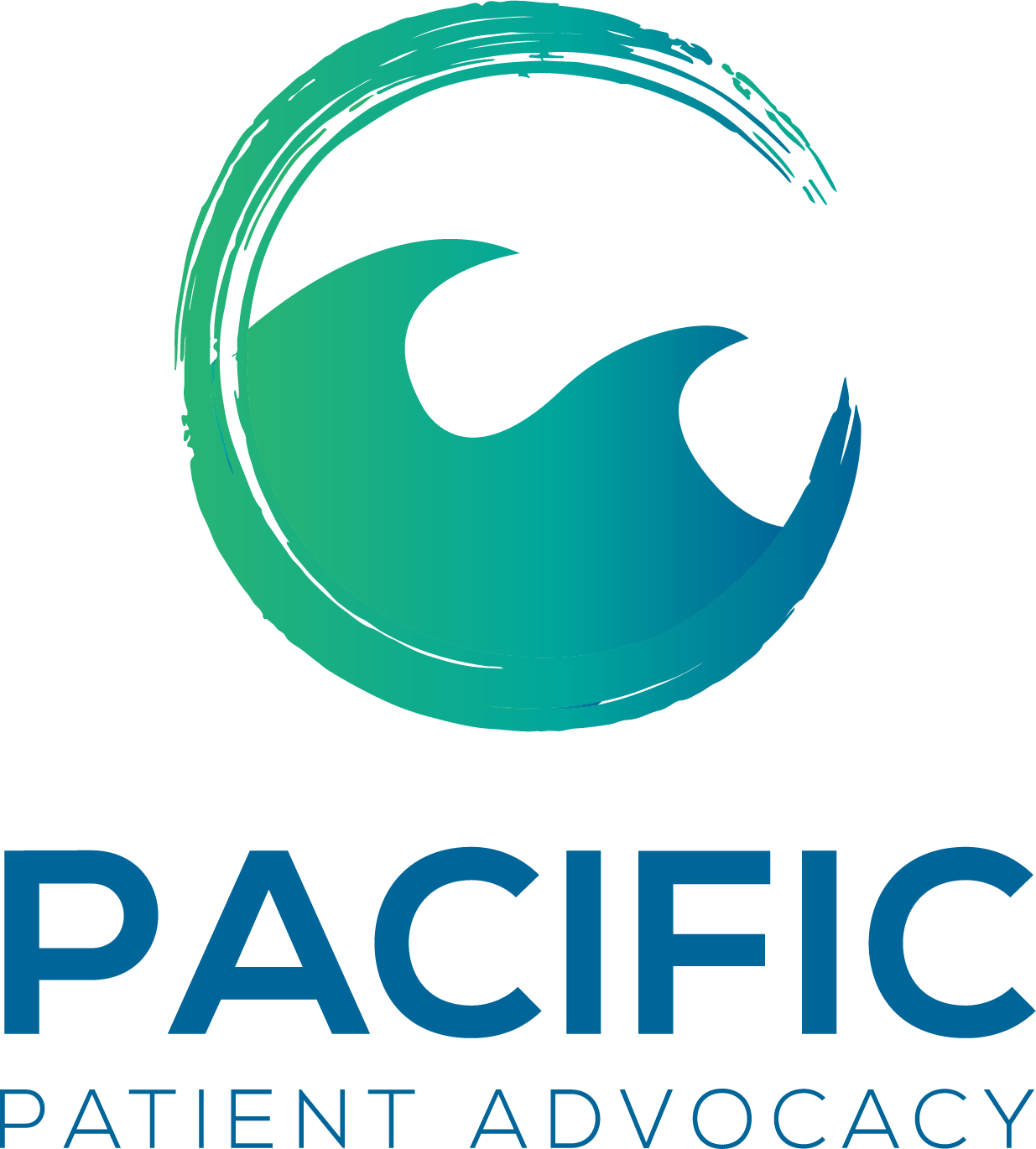There are very small pivots we can make in our health that can make all the difference in health outcomes. This should come as no surprise, and yet the principle floors me every time.
When I was diagnosed with melanoma at age 25, I was shocked that the very first test my MD wanted to run was to check the Vitamin D levels in my blood. She explained to me the common cooccurrence of low vitamin D and melanoma. Of course, my vitamin D was in the toilet.
This past year, a dear friend ended up in the hospital for a mental health emergency. Desperate to get her health back, and having tried every combination of medication under the sun, she came upon the link between vitamin D and depression in her research. This is a well-known, well-documented relationship, and yet she had to ask her long-time doctor, who had run every test imaginable, to run this basic blood test. Her reading didn’t even register on the test, it was so low.
And somehow, after all this, I am caught off guard, surprised again, that the latest research shows a relationship between vitamin D deficiency and the impacts on COVID on an indviduals health outcomes. Northwestern University published this only a few days ago, “Not only does vitamin D enhance our innate immune systems, it also prevents our immune systems from becoming dangerously overactive. This means that having healthy levels of vitamin D could protect patients against severe complications, including death, from COVID-19 […] Our analysis shows that it might be as high as cutting the mortality rate in half”1.
I am not saying Vitamin D is a panacea, but rather sometimes the answer is in the small easily missed details. Often, we look to doctors and health care professionals to know what is best for us and “fix” our problems. Only after believing this for many years and being sentenced to a life of chronic disease, did I begin to question my assumption. At the end of the day, the healthcare system is too overwhelmed to take this kind of responsibility for each individuals health. An MD is only allotted 10 minutes with a patient in a primary care setting, and well in the hospital, try 30 seconds! At the end of the day, we are the expert on our own bodies and experiences, and we need to step into that role and either advocate for ourselves or invite somebody to assist us with that if we are unable to ourselves. It could be as simple as supplementing some Vitamin D.
-
Northwestern University. (2020, May 7). Vitamin D levels appear to play role in COVID-19 mortality rates: Patients with severe deficiency are twice as likely to experience major complications. ScienceDaily. Retrieved May 13, 2020 from www.sciencedaily.com/releases/2020/05/200507121353.htm ↩
